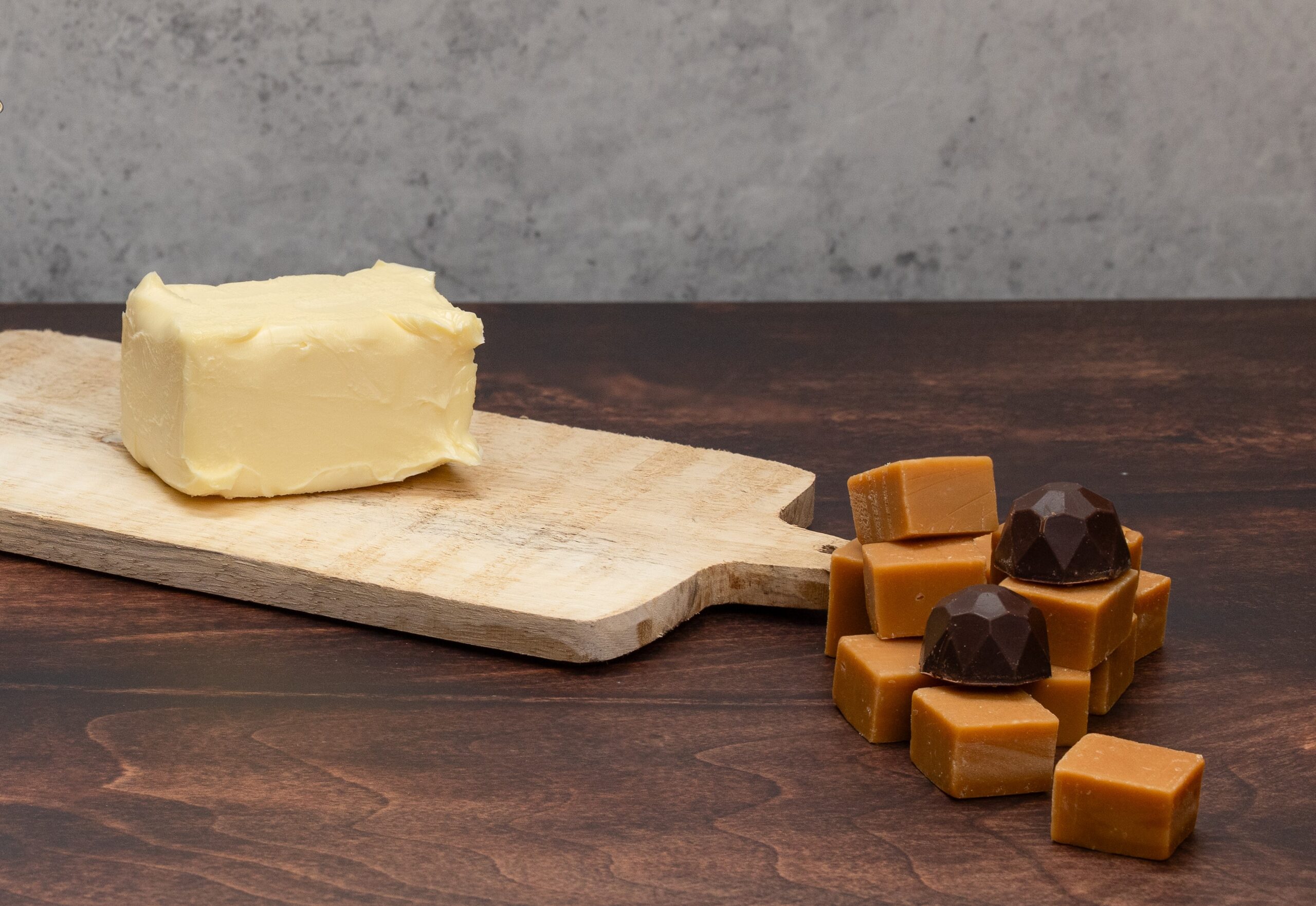Frankly, this is the first time I’ve ever heard of yeast oil, although I’m certainly glad that a more ecologically sound (and likely healthier) alternative to palm oil exists.
Not that I was eating anything with palm oil in it as it is, but I’ll be happy to try this ever I ever see it around.
probably have to grow yeast in large bioreactors/ or vats, but its better than destroying indonesian rainforests for palm oil.
I have no relevant opinion on the story, but why is the photo of a slab of butter on a chopping board beside a small pile of fudge squares and chocolates?
dunno about butter and fudge but almost every supermarket chocolate has palm oil in it
with respondents rating it as both a healthier and more environmentally friendly option.
Ok, but is it? I don’t think I’ve heard of it before, but I assume it’s more sustainable and have no idea about the health side.
Yeast oil is waaay more sustainable than palm oil since it doesn’t require deforestation and uses like 10x less land, plus it’s got a better fatty acid profile with less saturated fat - the ecological footprint difference is huge.
The marketing at least seems to make the claim that the oil produced with fermentation is more stable against heat oxidation, which produces toxic compounds when used for cooking under heat like pan frying, as well as having a high smoke point. Also being supposedly low in polyunsaturated fats.
I’ve never heard of yeast oil, but I just found this article on the climate impacts which maybe someone else who isn’t on the verge of sleep can summarize.
My main question regarding yeast oil is how quickly it goes off. Yeast itself goes off, and presumably yeast oil is a good habitat to breed yeast (which is most places in the environment), so, like, what’s the shelf life?
I assume that yeast oil is a refined product, thus less likely to go bad than normal yeast. But I haven’t looked into it, it’s my first time hearing of yeast oil.
I love to see this. I’ve been trying to get my family onto zero acre oil which I think is also yeast fermented. It’s just a bit expensive and I haven’t seen any cheaper alternatives available in the US







